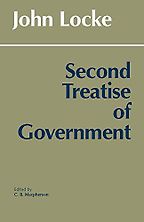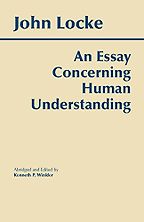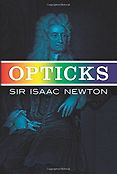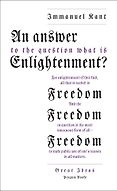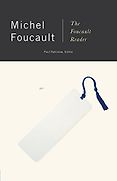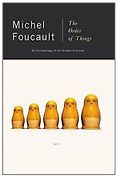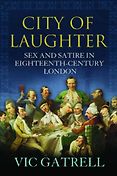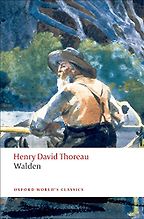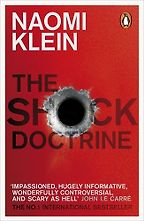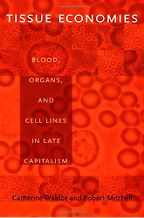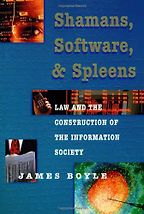
Books by John Locke
John Locke (1632-1704) was an English philosopher and a towering figure of the 17th century. He trained as a doctor, studying medicine at the University of Oxford. He is perhaps most famous for his idea that at birth, a human being’s mind is a blank slate, a tabula rasa on which experience imprints ideas and that everything comes to us through experience, ultimately. Another key idea from Locke that’s had a huge influence in philosophy in more recent years is his writing about the nature of a person and what it is for a person to exist over time. Given we change so much, how can we be the same people that we were when we were children in any sense? Roughly, his answer is that it is memory that provides our personal identity rather than a physical continuity. These and a huge variety of ideas are explored in his Essay Concerning Human Understanding.
But Locke was also an early liberal thinker. In his A Letter Concerning Toleration, he was very concerned to justify philosophically a policy of not trying to force people to believe things they didn’t believe in about religion. This was firstly because he thought it wouldn’t work, and secondly because he thought it was unchristian.
His other contributions to philosophy include his theory about the nature of property, which for Locke was all about working the land. This and his other political writings can be read in his Second Treatise on Civil Government.
Locke led a complicated life, moving to France after his patron, the Earl of Shaftesbury, fell from favour and later fleeing England after being suspected of involvement in a plot to kill Charles II and his brother, the Duke of York. Locke lived and worked in Holland for a while, which was a more tolerant society at that time, and returned to England when William (the Dutch stadtholder) and Mary took the throne after the Revolution of 1688.
“I’m interested in the Second Treatise mainly because it is where we find Locke putting across the now very familiar idea about the relationship between labour and property. Basically his argument is that the way we establish a claim to an object of property is that we mix our labour with it. The classic example is the agricultural crop – if I planted it, weeded it and harvested it, then I have a claim to it, as I have laboured for it. This idea has influenced many people, including even Marx, with the idea that surplus value is seized wrongly by employers, because the labourers have mixed their labour with the product. But what has not been done yet is to apply Locke’s ideas to biotechnology and medical ethics.” Read more...
The best books on Body Shopping
Donna Dickenson, Philosopher
“The reason I started with Locke is because his arguments about toleration are the touchstone of modern discussions of toleration within the liberal tradition. He’s not the first person ever to say anything about toleration – if you look at the history of human beings living together anywhere at any time, you’ll always find examples of people recommending something that looks like toleration, because it’s very hard to see how a human society could go on at all if people refused to put up with the things they disliked or disapproved of. Locke’s argument is capable of being construed in lots of different ways. Some people construe it as a pretty instrumental argument without much positive content, but I would tend to understand it differently from the way in which a lot of contemporary analytical philosophers have taken it.” Read more...
Timothy Stanton, Philosopher
“Locke’s a very interesting figure in many of the same ways that Newton is. They’re both coming out of a century of revolution and dissent in England; a century in which the church and the state have been questioned in the most profound ways. A century in which absolutism has been seen as an insupportable political position, where the old regime government in Britain was no longer viable. The 17th century saw a dawning of parliamentary government, and a commitment at least to popular social participation in the life of the state. That’s the political backdrop against which both of these men are working.” Read more...
The best books on The Enlightenment
Sophie Gee, Literary Scholar
Interviews where books by John Locke were recommended
The best books on The Enlightenment, recommended by Sophie Gee
The author of The Scandal of the Season – and Princeton University professor – gives an 18th century literature specialist’s view of the Enlightenment.
The best books on Toleration, recommended by Timothy Stanton
Toleration is an ideal of conduct which involves putting up with something you find objectionable, says Professor Timothy Stanton. He chooses the best five books on toleration, from John Locke to more recent works.
The best books on Body Shopping, recommended by Donna Dickenson
The author and activist talks about medical ethics and selects her five top books on the subject. She raises questions as to whether we own our bodies, and the ethics behind selling human organs.
